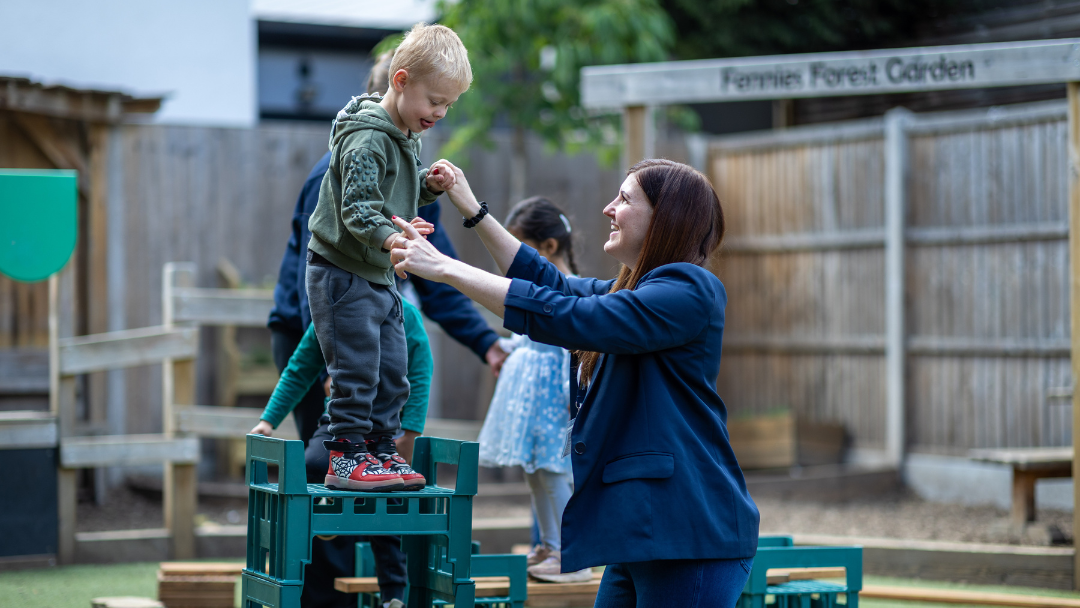Fennies are proud to be accredited by the Early Years Nutrition Partnership (EYNP) for our menus and contribution to supporting good nutrition in the early years. As part of our subscription, we are delighted to bring you regular nutrition updates and evidence-based articles written by our Registered Nutrition Professionals from EYNP, Janet Aylott, and Catherine Lippe.
This month’s topic is: why is iron so important?
Iron is considered one of the most important nutrients that young children need but nutrition surveys consistently show that many preschoolers aren’t getting enough iron in their diets. Compared to their body weight, children have higher iron requirements than adults due to the rapid growth up to 5 years of age. Up to around 6 months, children have enough iron stores from their mother but from 6 months onwards they can become deficient.
How much iron does my child need?
The current Reference Nutrient Intake (RNI) for young children is:
6.9mg/day – 1-3 years
6.1mg/day – 4-6 years
Where can I find iron in food?
There are two types of iron in our food known as haem iron, and non-haem iron.
Haem iron is from animals – beef, lamb, chicken, liver, some fish and eggs are great sources. This is the most easily absorbed form of iron.
Non-haem iron is from plants including bread, cereals, pulses such as peas, beans and lentils, dried fruits, and green leafy vegetables. It is also added to some fortified breakfast cereals. The absorption of non-haem iron may be improved if food or drink rich in vitamin C are consumed at the same time e.g citrus fruits, tomatoes.

Who might be at risk of iron deficiency?
- Picky eaters who don’t have a wide variety of foods in their diets
- Vegans or vegetarians. Children who don’t eat meat or fish have to rely on plant sources of iron and a greater variety of different foods is important
- Children with an over-dependence on milk. Cows’ milk is not a rich source of iron so having too much cows’ milk rather than a more balanced diet can put toddlers at risk of iron deficiency
- Children who may have moved onto solid foods late (after 6 months of age). Iron stores can become more depleted, and children may become more reliant on a milk diet as they get older
How can I make sure my child has enough iron?
Include plenty of iron-rich foods (both haem and non-haem) in the diet. The addition of fortified foods such as breakfast cereals can be helpful too. Variety is key so try and give your child a wide range of many different foods, including plenty of green leafy vegetables, pulses, and other iron-rich foods wherever you can.
If you are concerned about your child’s iron levels speak to your GP or health visitor. They may advise the addition of fortified milk or nutritional supplement, but it is always best to seek advice first before making any changes to your child’s diet.

Subscribe to our newsletter
Stay up to date with Fennies news








.png)

